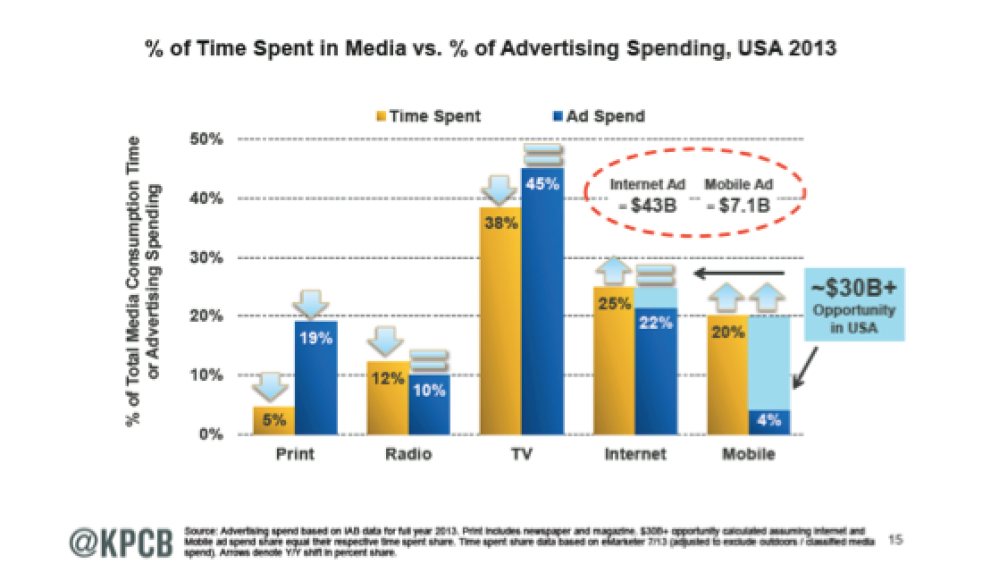By John Huang
We all want more people to visit our website and when it comes to increasing online traffic, you must be on the first result page of Google. According to a study by online ad network Chitika, Google results on the first page get 92% of traffic for the average search.
This is done by using Search Engine Marketing (SEM) to fight for that top spot on Google. Search Engine Marketing (SEM) is promoting an organisation through search engines to meet its objectives by delivering relevant content in the search listings for searchers and encouraging them to click through to a destination site.
You have two basic techniques: Search Engine Optimization and Pay Per Click.
- SEO is a structured approach used to increase the position of a company or its products in search engine natural or organic results listings for selected keywords or phrases.
- PPC is a relevant text ad with a link to a company page is displayed on the Search engine result pages when the user of a search engine types in a particular phrase. A fee is charged for every click of each link, with the amount bid per click determining its position
Basically, the main difference between Search Engine Optimization (SEO) and Pay Per Click (PPC) is that web traffic coming from SEO is free and organic while web traffic generated from PPC is not free. You have to pay a fee per click and have your website displayed next to or below the sponsored results.
So which approach is better for you or your business?
It depends on time and budget. If you are tight on budget than invest time in getting high search ranking through SEO. In contrast, if you want more traffic fast and have the money to pay for it, then PPC could be the one for you.








